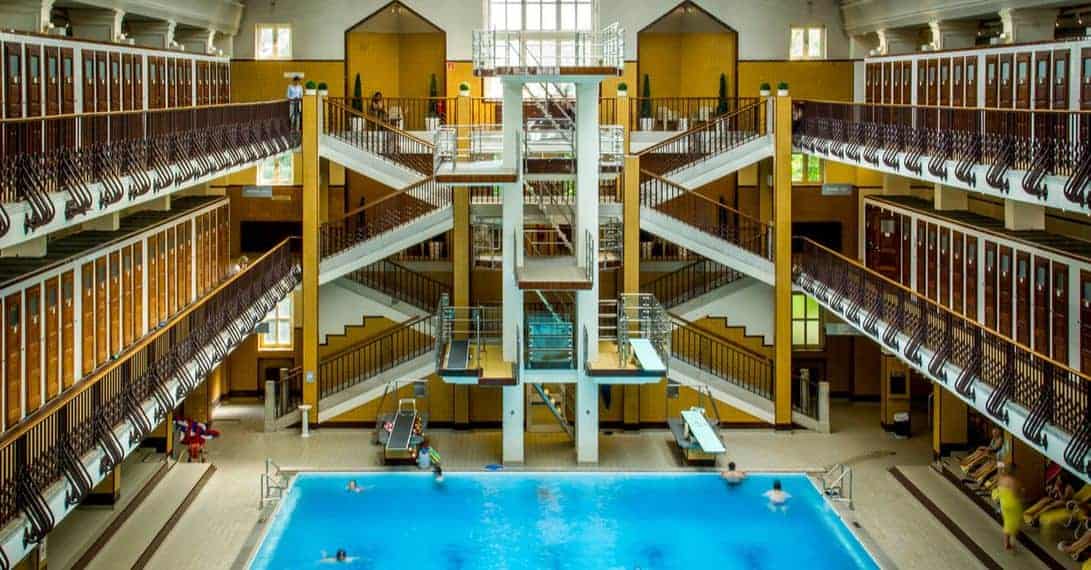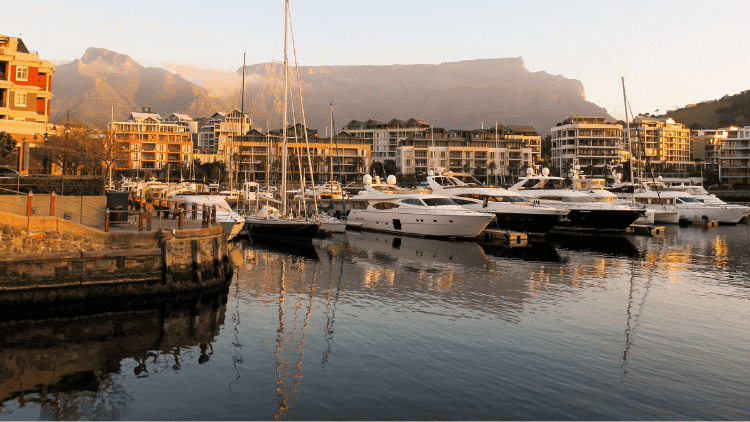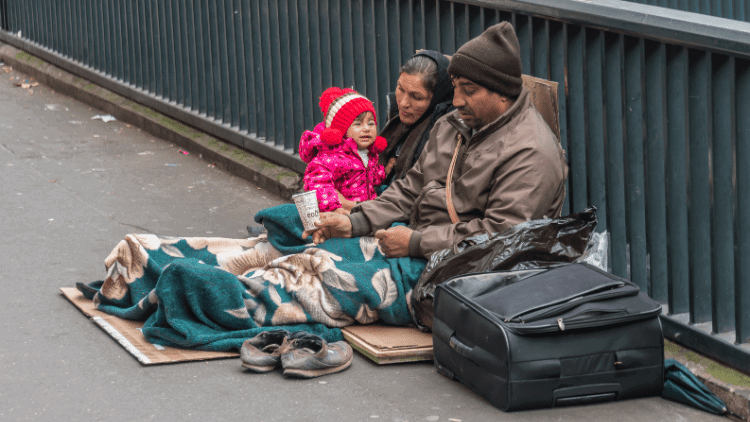
Manuel Castells, in his The Rise of the Network Society, observed the shift from 20th-century industrial capitalism to a horizontal, networked organisation suited to a globalised, individualised society. This transformation is most visible in today’s ‘global cities’, dynamic hubs of innovation like Barcelona, which treats public data as a universal public good.
Europe’s major cities, often governed by progressive coalitions, frequently clash with national governments dominated by populist agendas. For example, London’s mayor opposes Brexit’s economic harm, while Budapest’s mayor challenges Viktor Orbán’s authoritarianism.
Urban municipalities tackle critical challenges like climate change, migration, precarity, and homelessness, fostering innovative solutions. Vienna’s social housing model counters gentrification and preserves community ties. Similarly, the Council of Europe’s Intercultural Cities programme provides frameworks for managing cultural diversity, endorsed by its 46 member states.
Dynamic cities collaborate globally to share practices, as seen in the C40 network of 96 cities committed to cutting greenhouse-gas emissions by 2030. These initiatives reflect a shift from top-down governance to bottom-up, citizen-driven solutions, offering a progressive alternative to populist politics.
This project aims to showcase how urban policy entrepreneurs and grassroots actors are addressing contemporary dilemmas with ideas fit for a networked age, starting from the street rather than the state.






